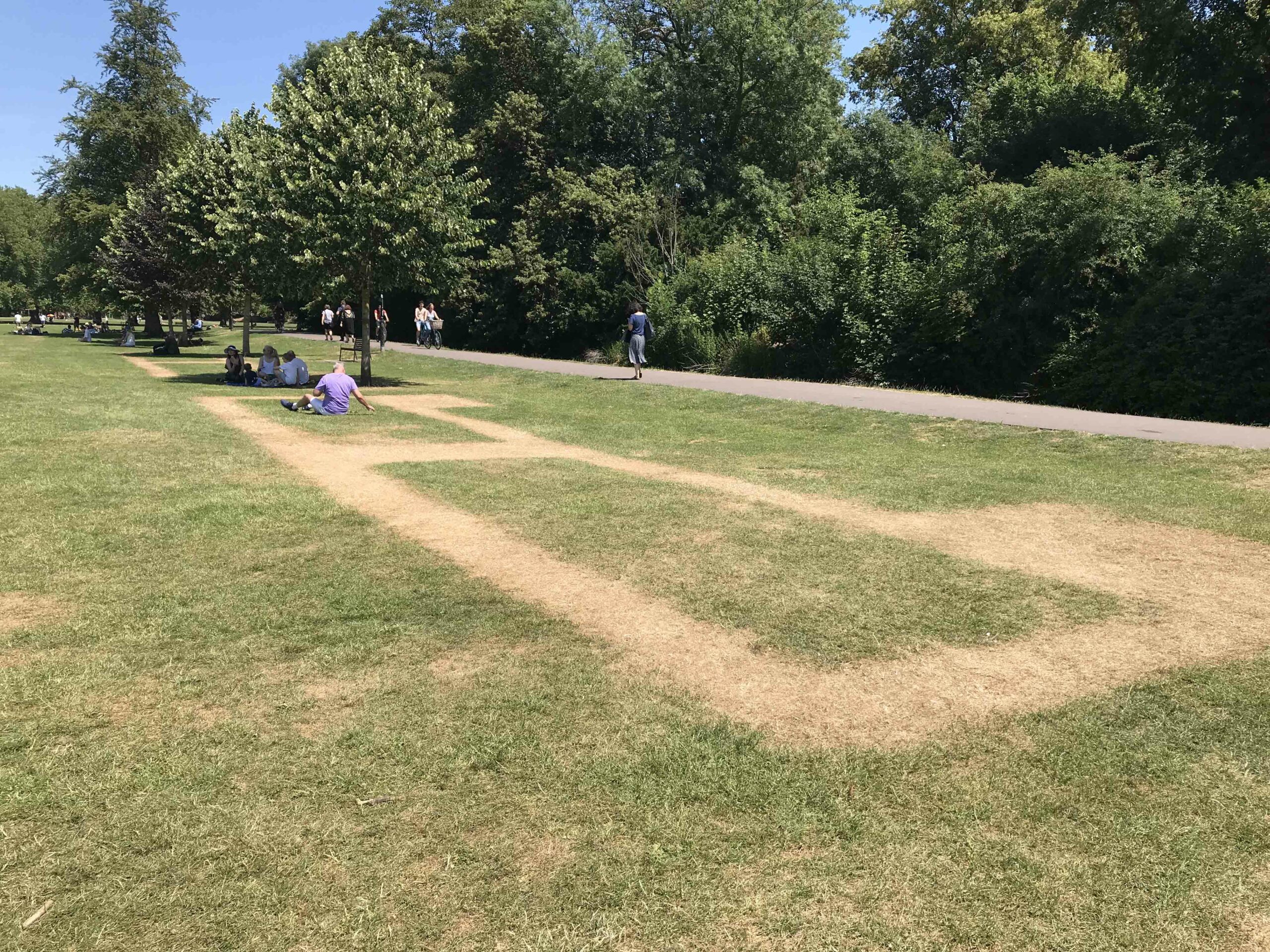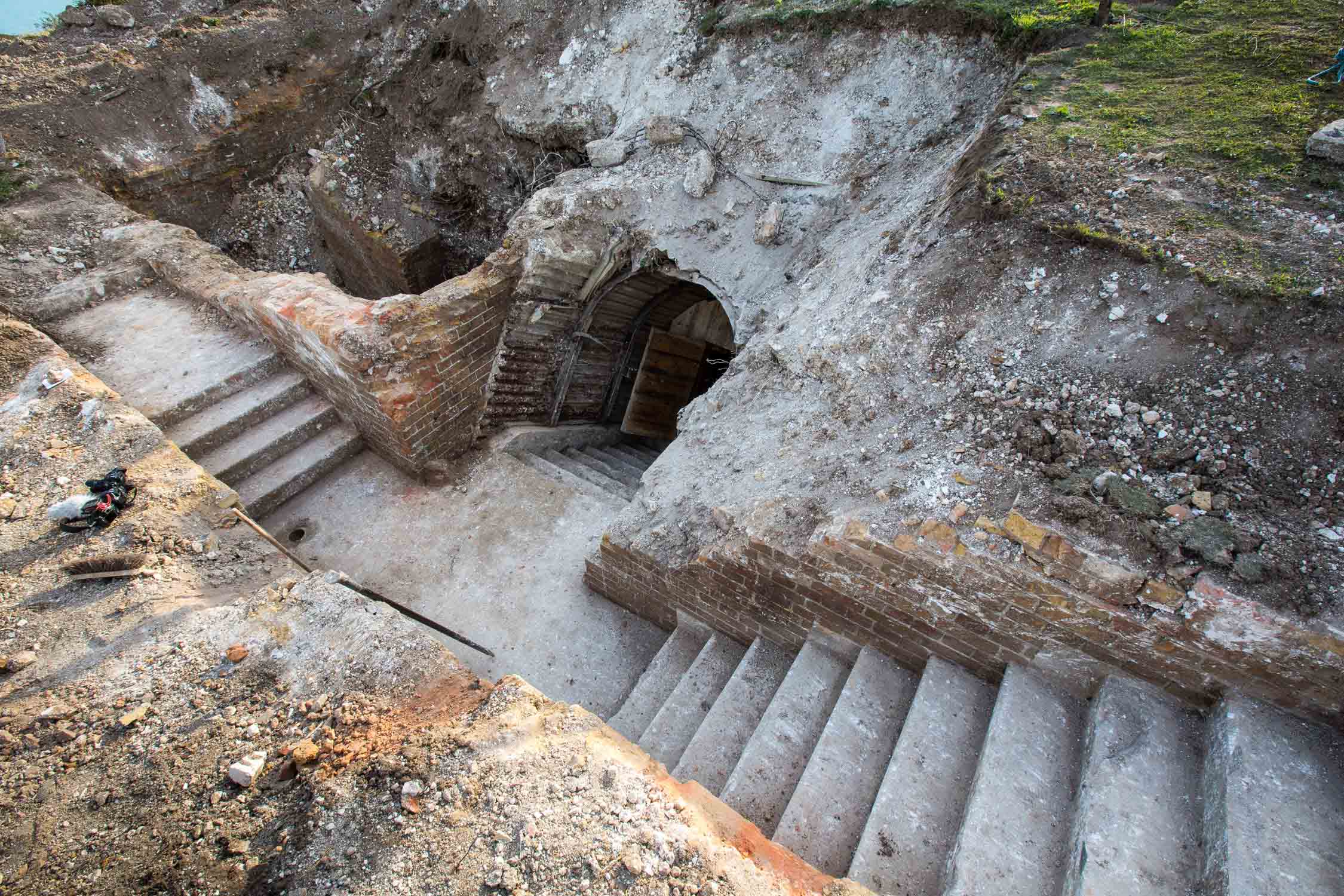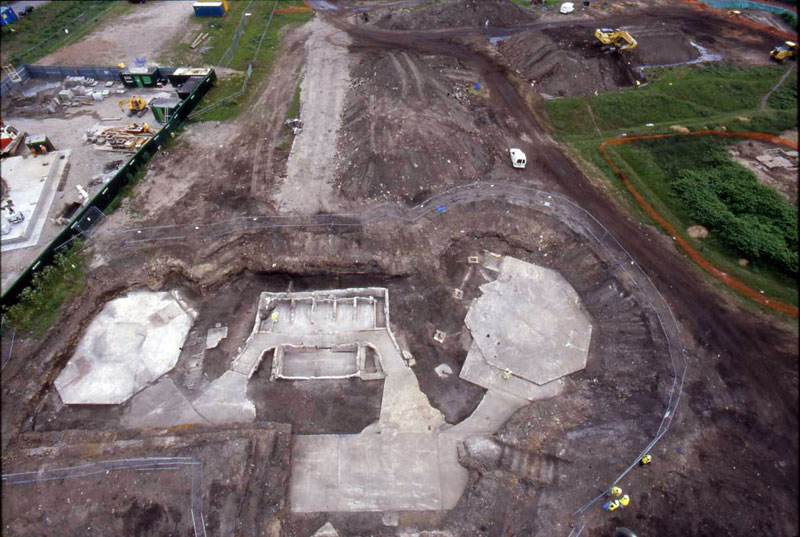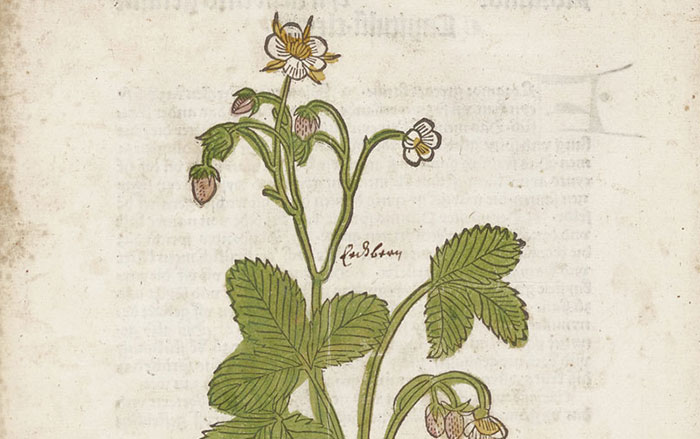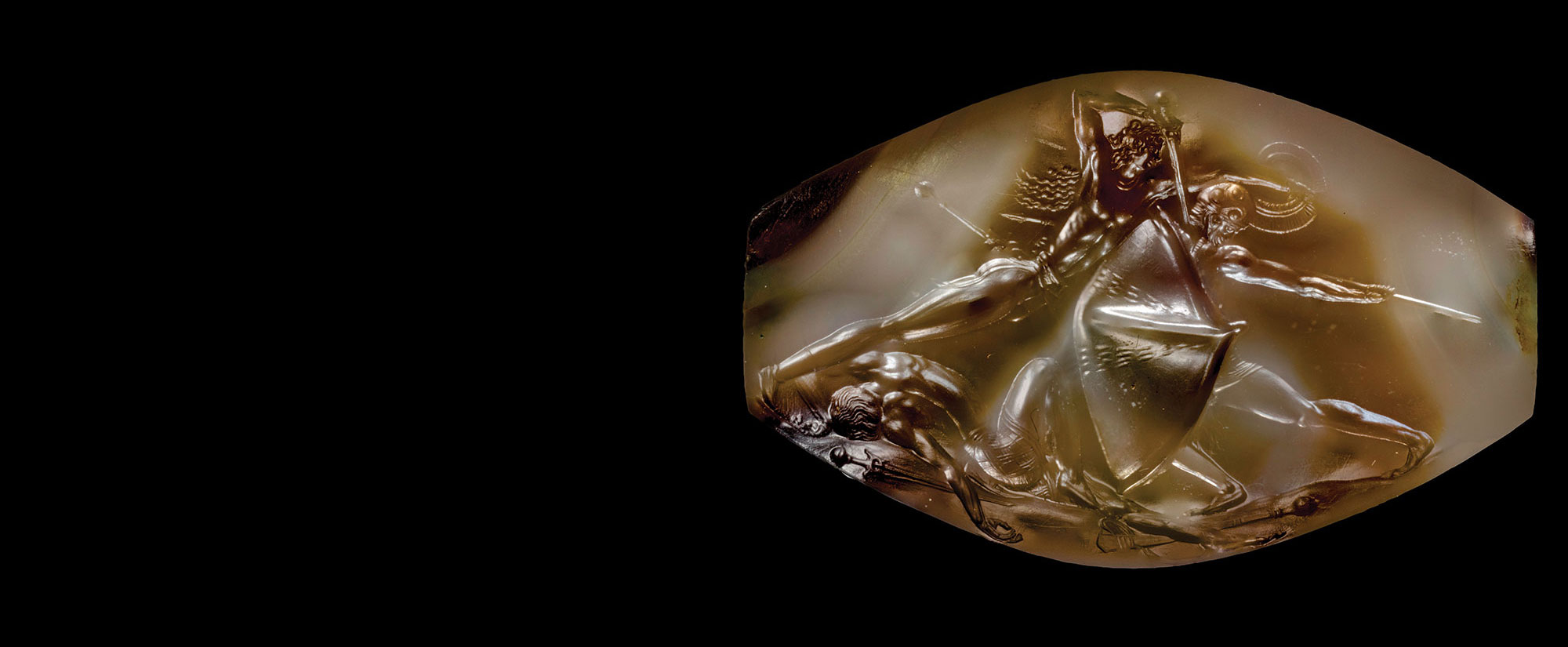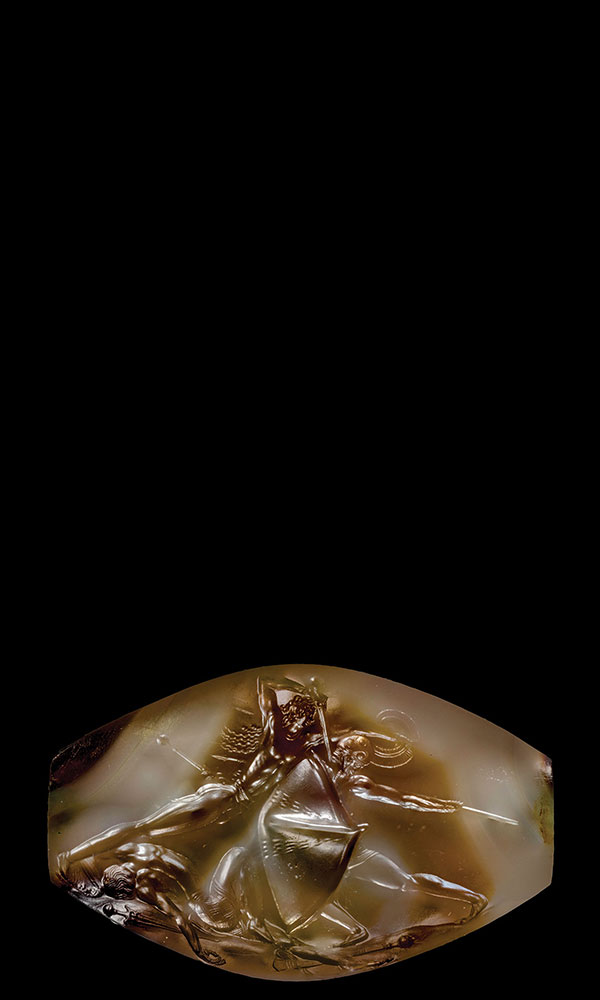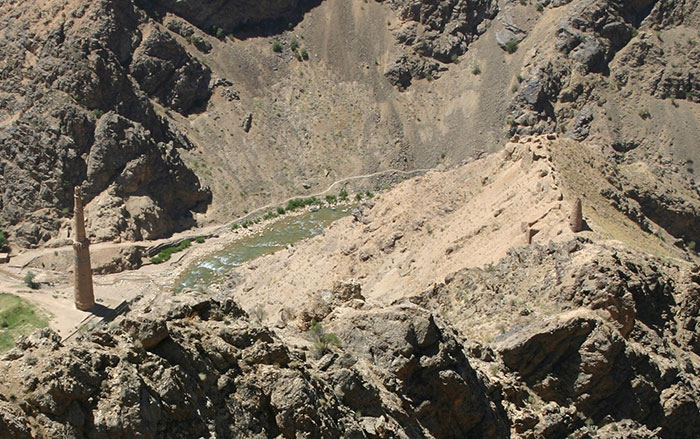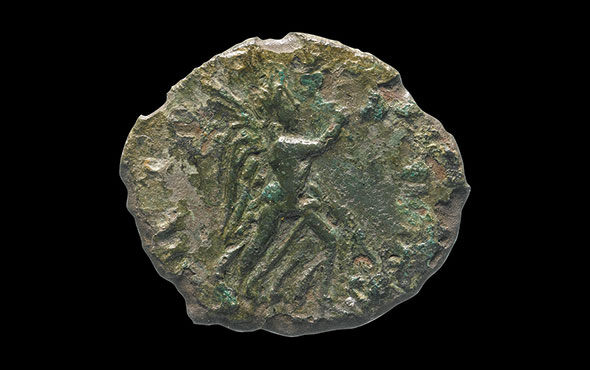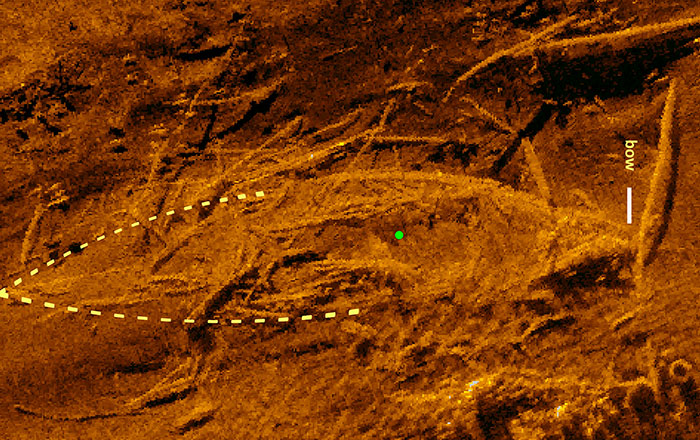
LIVERPOOL, ENGLAND—BBC News reports that archaeology student Emma Marsh of Durham University is examining the rubble of Liverpool buildings destroyed during seven days of Nazi bombing raids in May 1941, and identifying where it came from with historical records and the help of an online community. Much of the brick, stone, and tile rubble was removed from the port city and deposited for defensive use on nearby Crosby Beach, where it remains today. “Trying to find records of what was placed on the beach is very difficult—you’ve got to think of the scale of the destruction,” Marsh said. “I don’t think there was time to note where every little piece was going.” More than 4,000 people were killed or injured during the so-called Blitz, and more than 70,000 became homeless. Businesses, hospitals, and factories were also destroyed by the bombing. “If I come across something I will put it on Twitter and within minutes people who are experts and people who have lived in Liverpool all their life… they know these buildings, they know the style of architecture and they can be really helpful,” Marsh explained. To read about how archaeologists are recovering evidence from one of the most brutal battles of World War II, go to "Place of the Loyal Samurai."


